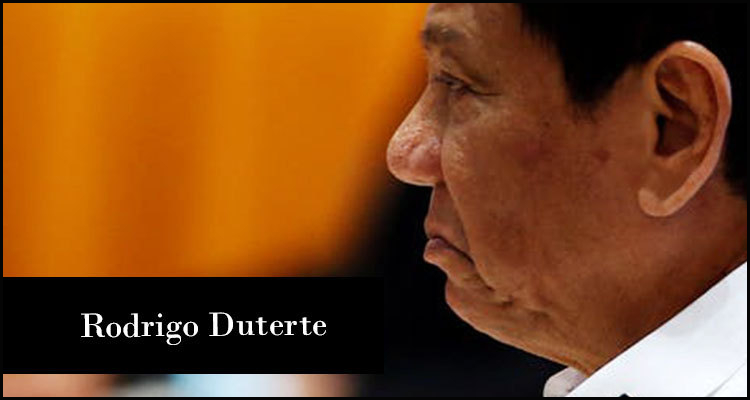In the Philippines and President Rodrigo Duterte (pictured) has reportedly decreed that no gambling is to be allowed within the Entertainment City parcel of land that had earlier been earmarked as the site for the proposed NayonLanding casino resort.
According to a report from GGRAsia citing an earlier story from the nation’s BusinessMirror newspaper, this revelation came from Philippines Tourism Secretary Bernadette Romulo-Puyat following an October 11 cabinet meeting in which the controversial President is said to have dictated that the plot be alternatively utilized to host a ‘cultural park’ with no gambling.
Cancelled contract:
GGRAsia reported that Hong Kong-listed Landing International Development Limited inked a 70-year lease on the 23.6-acre tract in July in hopes of opening its $1.5 billion NayonLanding development complete with a 301,400 sq ft casino by the end of 2022. But, this scheme later suffered a serious setback when 74-year-old Duterte abruptly terminated the rental agreement over concerns that it had been ‘grossly disadvantageous’ to the nation and its people.
Continuing quest:
Landing Int’l is already  responsible for the giant Jeju Shinhwa World integrated casino resort in South Korea and subsequently revealed that it is still hoping to realize its Philippines plan and is currently searching for an alternative site within the 1,976-acre casino-friendly Entertainment City district. As such, the firm explained that the provisional gambling license it received from the Philippines Amusement and Gaming Corporation (PAGCor) regulator remains valid so long as it can find a new home for its proposed development before the end of March.
responsible for the giant Jeju Shinhwa World integrated casino resort in South Korea and subsequently revealed that it is still hoping to realize its Philippines plan and is currently searching for an alternative site within the 1,976-acre casino-friendly Entertainment City district. As such, the firm explained that the provisional gambling license it received from the Philippines Amusement and Gaming Corporation (PAGCor) regulator remains valid so long as it can find a new home for its proposed development before the end of March.
Cultural celebration:
Romulo-Puyat reportedly declared that the planned ‘cultural park’ project is to be developed by the state-run Nayong Pilipino Foundation and will include attractions that ‘celebrate Filipino identity and culture.’ The tourism chief moreover purportedly stated that the metropolitan Manila scheme will be ‘government-led’ and, once built, is to be handed over to the private sector to manage.



